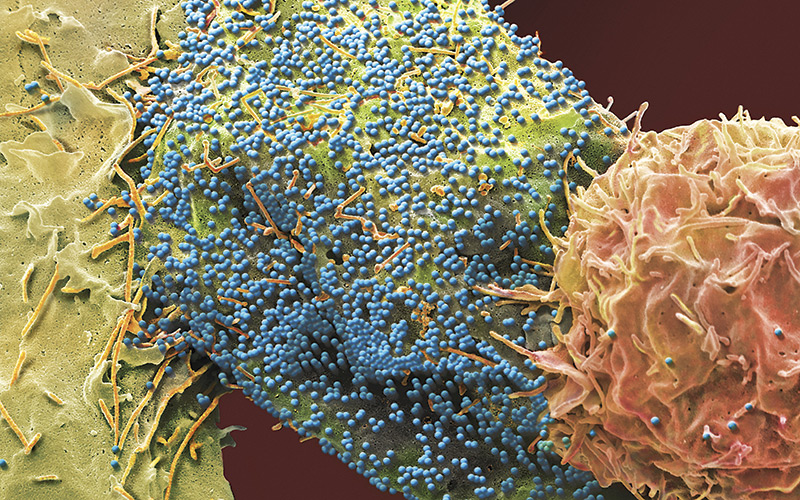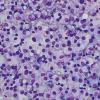Early, sustained antiretroviral therapy that results in long-term viral suppression, helps to prevent AIDS-defining cancers and, to a lesser degree, non-AIDS-defining cancers, it is claimed.

However, patients with long-term viral suppression still had excess cancer risk, compared to uninfected patients.
The study is the first to examine the effects of prolonged periods of viral suppression and potential cancer prevention benefits for the ageing population of persons living with HIV.
Viral suppression is a key component of HIV treatment, and studies have shown an association between prolonged viral suppression and decreased risk for some types of cancer.
However, no studies have specifically focused on the effect of sustained viral suppression on overall cancer risk.
The study compared cancer rates for 42,441 HIV-positive veterans with 104,712 demographically-matched uninfected veterans from 1999-2015.
Cancer risk was highest in the unsuppressed state, lower in early suppression, lower still in long-term suppression, and lowest in uninfected patients for all cancer, AIDS-defining cancer, virus non-AIDS-defining-cancer.




